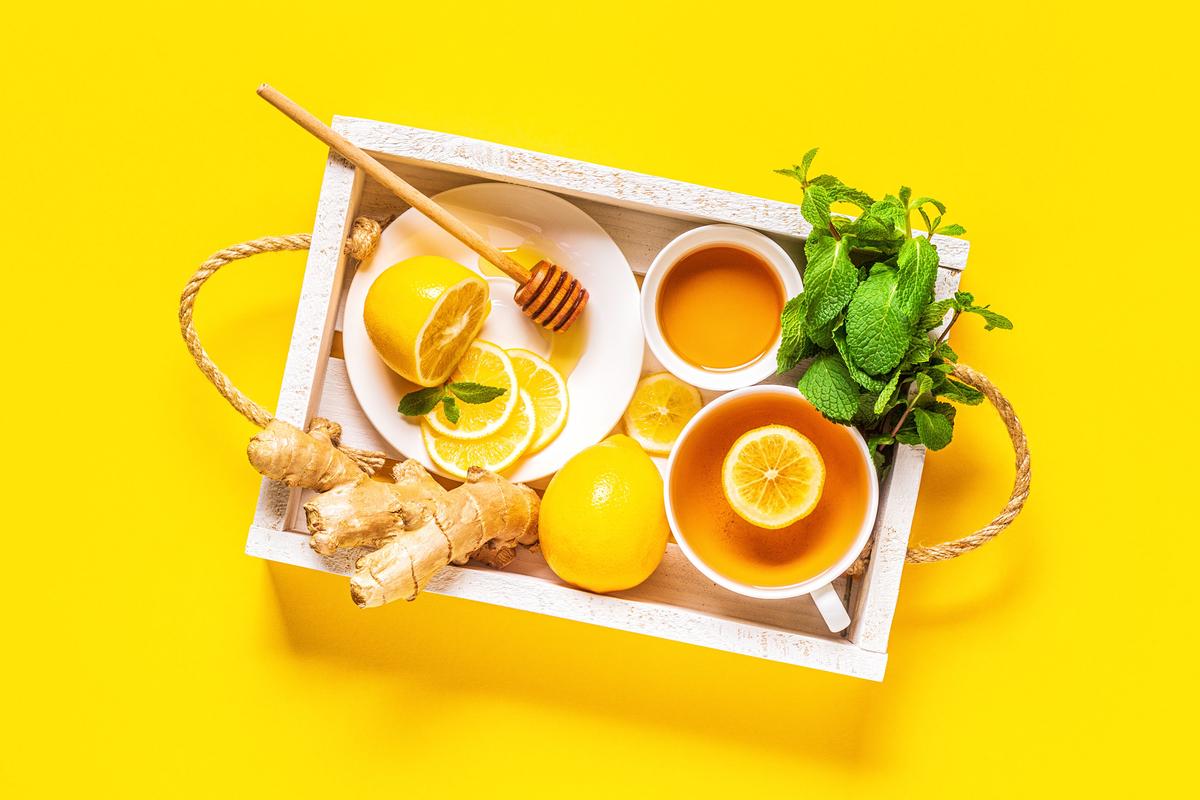Vitamin C protects against colds and stimulates immunity: take a supplement and eat more vegetables and fruit for an extra portion of vitamin C
Fable
For the general population, a daily portion on top of the recommended daily amount will not help prevent a cold. Once you have caught a cold, it will also not influence the duration or the severity of the cold. In times of heavy physical strain, such as for athletes with a heavy training schedule, a vitamin C-supplement can lower the risk for a cold. In Belgium, a vitamin C deficiency is very rare, making the intake of additional vitamin C unnecessary. Moreover, there is no scientific proof that it gives any additional protection.
What should you be doing instead?
A healthy and varied nutritional pattern, rich in vegetables and fruit is sufficient. Vegetables and fruit are our main source of vitamin C. A daily consumption of 300 grammes of vegetables and 250 grammes of fruit will provide you with a sufficient amount of vitamin C and other useful nutrients on top of that. Eating more than that is rather pointless.
Drink extra water and warm drinks such as tea or soup
Fable
At the moment there is insufficient proof that a higher intake of fluids can contribute to the protection against respiratory infections. Warm drinks such as tea and soup do not influence the development of respiratory infections, such as a cold. Warm drinks can however, temporarily alleviate the symptoms of a cold (a runny nose, a dry throat, sneezing, coughing ...). This is different for every individual. Some people say that cold drinks can also have a positive effect on symptoms such a s runny nose, coughing or sneezing.
What should be doing instead?
Drink when you are thirsty. Make sure you have a daily intake of 1,5 litres. Drink especially water and to a lesser degree, complement with drinks such as tea and coffee. Minimise sugared drinks and alcohol as much as possible.
Additional vitamin D lowers, to a lesser degree, the risk for respiratory infections
Fact
Long-term intake of vitamin D can potentially lower the risk for respiratory infections. This decrease is only noticeable in people that take a daily supplement for a couple of weeks, in people with a vitamin D deficiency and people with asthma. The advantage is limited. Vulnerable groups, such as patients with chronic obstructive pulmonary disease, do not benefit from vitamin D supplements. It is unclear whether a short, sudden intake can also have a protective effect. It is therefore unnecessary to rush to the pharmacy.
What should you be doing instead?
Together with calcium, vitamin D plays a part in bone formation but also in how our immune system operates. Sunlight is our main source of vitamin D. Sufficient exposure to sunlight is necessary. During the dark months of winter, it is recommended for vulnerable groups such as young children and the elderly to take a vitamin D supplement, in addition to the exposure to sunlight. Long walks are not necessary, just going outside regularly, in the garden or on the terrace, is sufficient. You should however bear the recommendations issued by the government in mind - keeping a safe distance between people and limitation in terms of group activities.
Plant extracts such as Echinacea and garlic used as a protective (super) food?
Fable
Plant extracts such as Echinacea are only slightly beneficial for preventing colds in comparison with a placebo and can possibly alleviate a little. In addition garlic is being attributed miraculous effects because of its possible antiviral characteristics. There is however insufficient proof to decide that garlic (either as a supplement or as an ingredient) can be used for preventing viruses.
What should you be doing instead?
Super foods and food supplements are expensive and not more useful than a sufficient and varied consumption of seasonal vegetables and fruit. Choose as much food from the upper layers of the nutritional triangle as possible and vary.
A ketogenic diet stimulates immunity
Fable
A diet low in carbohydrates or a ketogenic diet can in some instances have beneficial effects on an individual's metabolism and body weight, but the effects on the human immune system are not sufficiently known. Research in mice has shown that a ketogenic diet that consists of 90% fat (less than 15 gr carbohydrates a day for an adult person) stimulates certain immune cells in mice infected with the flu virus. These immune cells increased in the lungs, where they contributed to a increase in the production of mucus. Based on trials with mice we cannot draw any conclusions on the effect of a ketogenic diet on the immunity of people.
What should you be doing instead?
Eat a varied diet in line with the common recommendations for healthy food. Look out for one another, and help the elderly and people in isolation by going shopping and by buying food to avoid a one-sided diet.
